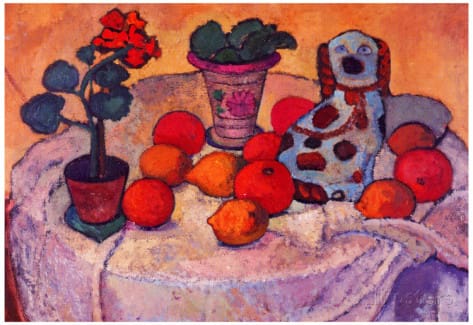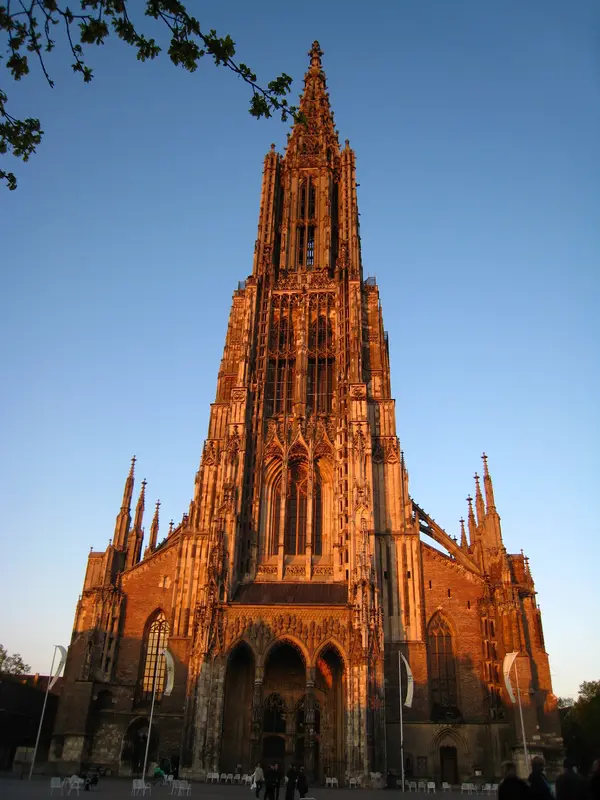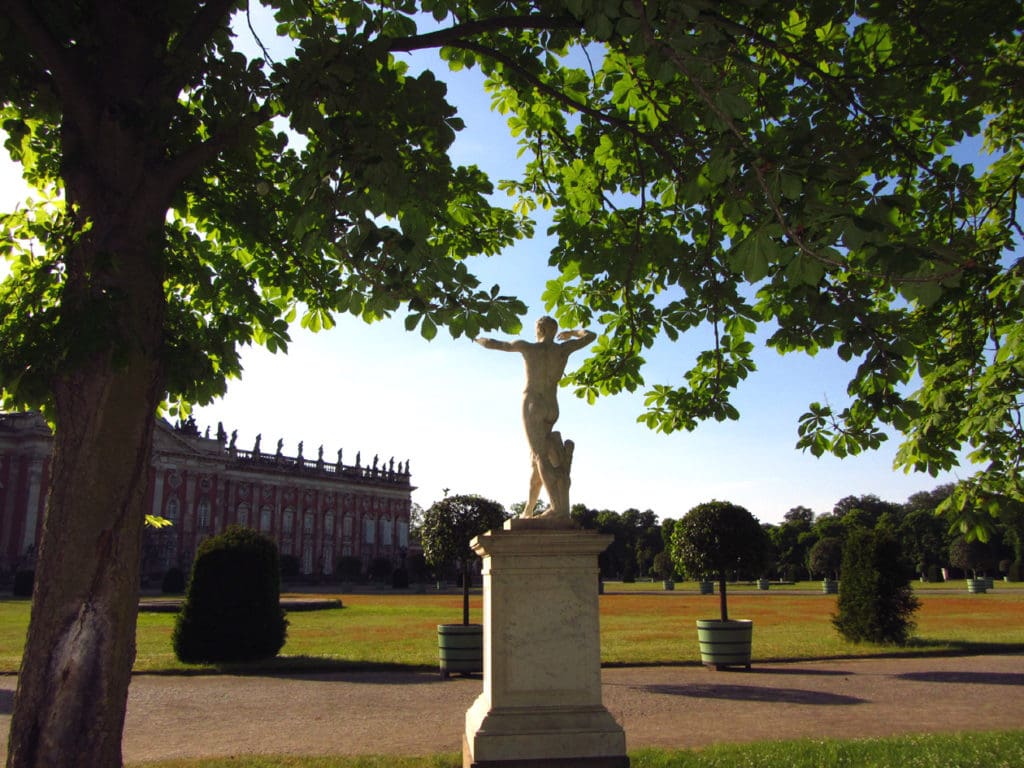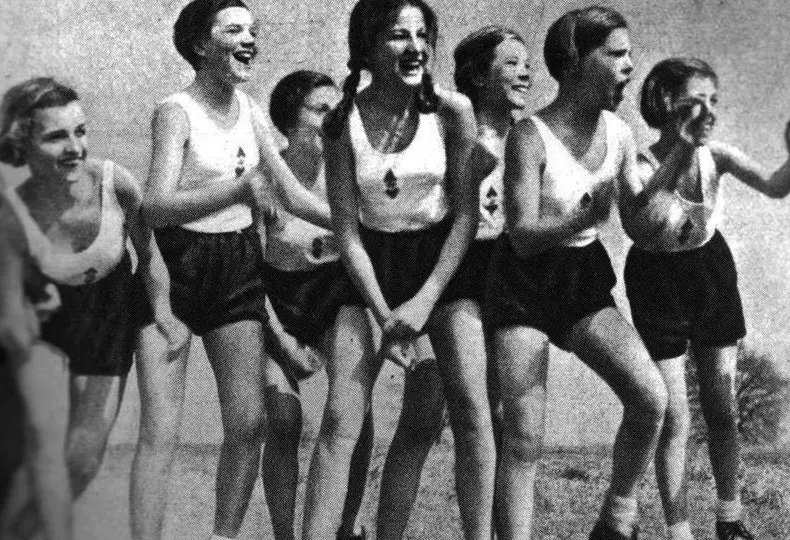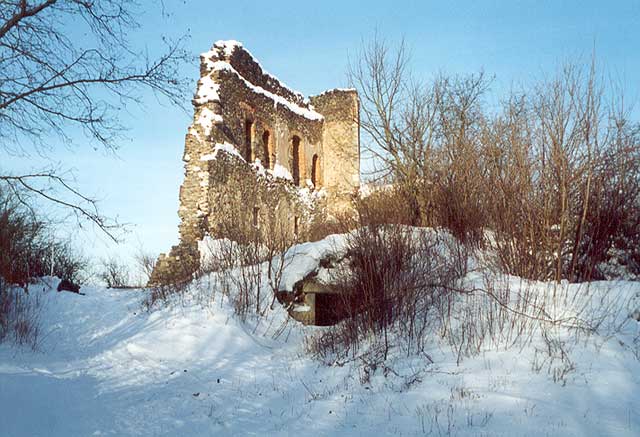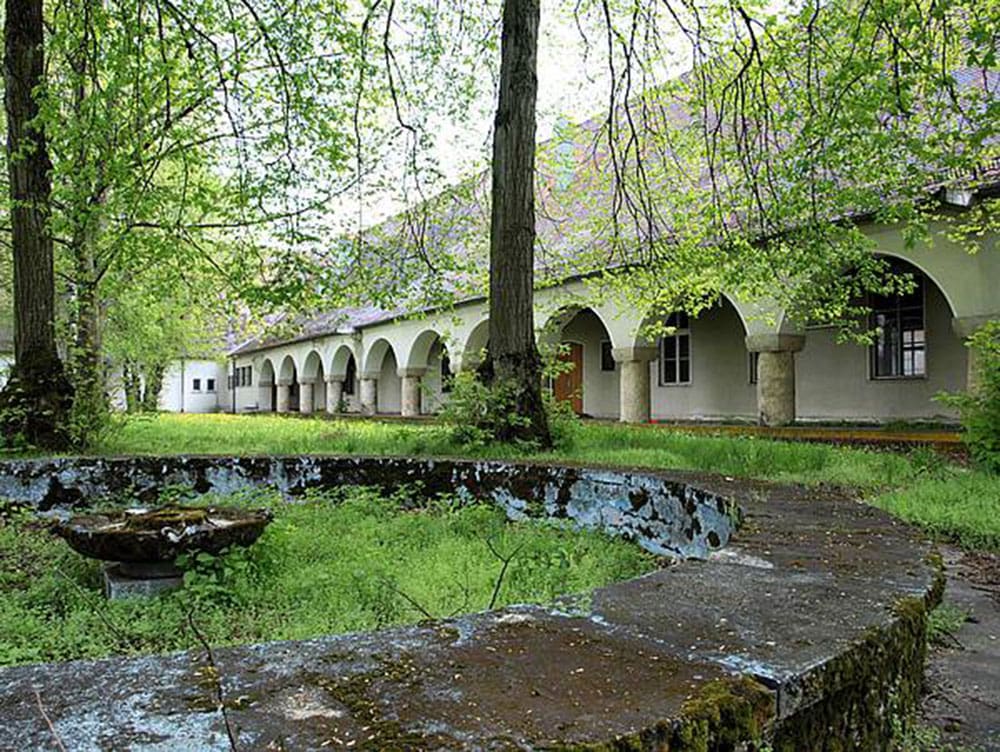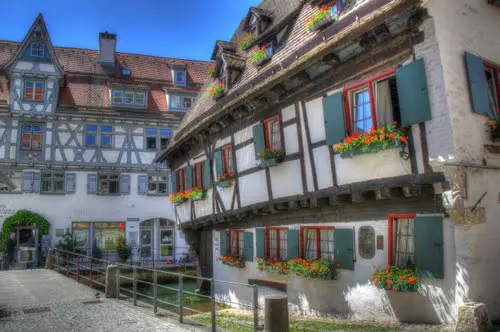Sophie Scholl
Passive Resistance: Refusing to Yield to Censorship
Historical Context: Sophie Scholl passively resisted Hitler. She was political active as a school girl in Ulm from 1938-1940. During this time, the Reich directorate ordered that universities burn books by subversive authors including Jack London and Ernest Hemingway. Heinrich Heine’s work was among the list of…
Read MoreSophie Scholl Defiantly Enjoyed Art Labeled “Entartete Kunst” (Morally Degenerate)
Historical Context: Summer, 1937. There was no stopping “American Swing” from making its way across the ocean. “Negermusik” was the Nazis’ pejorative term for Jazz and Swing. In July at the newly built “House of German Art,” the Nazi Minister of Culture infamously put on his first exhibit of “degenerate” paintings. Many of these…
Read MoreFriedrich Gustav Emil Martin Niemoeller Criticized the “Aryan Paragraph”
Historical Context: Like most Protestant pastors, Friedrich Gustav Emil Martin Niemoeller was a national conservative, and openly supported the conservative opponents of the Weimar Republic. He welcomed Hitler’s accession to power in 1933, believing that it would bring a national revival. However, he opposed the Nazis’ “Aryan Paragraph“. In 1936, he signed the petition of…
Read MoreSophie Scholl, Inspired and Motivated by Christian Faith
Historical Context: Throughout her young adulthood, political activist Sophie Scholl delved deeply into Christian faith. As the Nazi Party dismantled Christianity and arrested and interned religious leaders, Sophie grew up in a Nazi run school and in the girls’ Hitler Youth. Her formal education revolved around indoctrination and propaganda. With the help of her family, Scholl began to…
Read MoreCadet Fritz Hartnagel at the Potsdam Military Academy, 1937
“You Shall Know Obedience In Order To Command” Historical Context: 1937. Jehovah’s Witnesses protest the Nazi Party by distributing 70,000 leaflets. Buchenwald near Weimar concentration camp is built. Average unemployment is at 8.3%. EXCERPT FROM “WITH YOU THERE IS LIGHT” by Alexandra Lehmann: Cadet Fritz Hartnagel stared out of the classroom’s window at the sky…
Read MoreSophie Scholl: From Hitler Youth to Political Activist
Historical Context: August/September 1936. Most people are aware that National Socialism was in full swing, capturing the hearts and minds of the German youth with the XI Olympic Games in Berlin and the Nuremberg Rallies. Â The Nazis continue their campaign against the Catholic Church, arresting over 300 protesters. EXCERPT FROM “WITH YOU THERE…
Read MoreLove Blooms Among the Ruins in Hohenstaufen
Historical Context: January, 1939. The city of Ulm is a part of Baden-Wuerttemberg, a German province that was the seat of the Hohenzollern dynasty located in the Swabian Alps. Â Hitler makes a speech at the Reichstag that in the event of war, it would mean the “annihilation of the Jewish race in Europe.” Ulm’s…
Read MoreFritz Hartnagel Writes to Sophie Scholl, October 1938
Historical Context: October, 1938. German troops invade the Sudetenland (north, southwest and western Czechoslovakia). Jews must identify themselves in their passports with a “J.” Approximately 30,000 German “political suspects/undesirables” flee the Sudetenland; 17,000 German-Polish Jews are deported to the border. Augsburg, October 21, 1938 Dear Sophie! […] Although it was very difficult in the first…
Read MoreSophie Scholl and Fritz Hartnagel Met at a Party in Ulm
Fritz Hartnagel, a cadet at the Prussian military academy in Potsdam, and Sophie Scholl, a school girl, meet at a house party in Ulm as the National Socialists rise to power. Sophie has strong artistic inclinations, raised in the classical German Romantic traditions along with her four siblings, Inge, Hans, Elisabeth and Werner. Their mother…
Read More